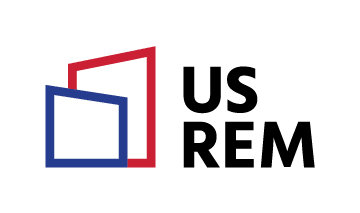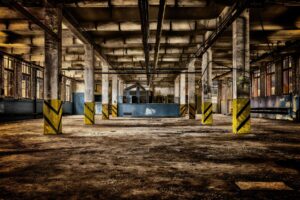Industrial real estate properties are a popular investment choice for those looking to diversify their portfolios and generate steady income streams. However, investing in industrial real estate requires a good understanding of the market, the properties, and the potential risks and benefits. Here are five important facts that every investor should know before investing in industrial real estate properties.
Location Matters
Location is one of the most important factors to consider when investing in real estate, and this applies to industrial real estate as well. Industrial properties are typically located in industrial parks or near transportation hubs, such as airports, ports, or major highways. The proximity to these transportation hubs ensures that goods can be easily transported to and from the property, making it an attractive choice for tenants.
Additionally, industrial properties located in areas with a high demand for industrial space are likely to see increased rental demand, which can translate into higher rental income for investors.
On the contrary, problematic locations for industrial real estate properties can arise due to a number of factors. For example, areas with poor transportation infrastructure, such as limited access to major highways or public transportation, can make it difficult for businesses to efficiently transport goods in and out of the area. Additionally, areas with a high crime rate, or areas prone to natural disasters such as floods or earthquakes, can also be problematic for industrial real estate investments.
Therefore, it’s crucial to carefully consider the location of an industrial property before making an investment.
Tenant Quality Matters
Another important factor to consider when investing in industrial real estate properties is the quality of tenants. Industrial properties are typically leased to businesses engaged in manufacturing, distribution, or storage. The stability and creditworthiness of these tenants are critical to the success of the investment, as they determine the likelihood of timely rent payments and the potential for future lease renewals.
Investors should therefore conduct due diligence on potential tenants, including reviewing their financials and checking their credit ratings, to ensure that they are dealing with reputable and financially stable businesses.
Don’t miss out on the opportunities in the commercial real estate market. Sign up with SecondRE and take the first step towards a successful investment journey.
Building Condition Matters
The condition of an industrial property is another critical factor to consider before making an investment. Properties in good condition are likely to attract higher rental demand and generate higher rental income, while properties in poor condition may require significant renovations or upgrades, which can impact the investment’s return on investment (ROI).
Investors can check the building condition of an industrial real estate property by conducting a thorough physical inspection of the property, including both the interior and exterior. Additionally, investors can review property inspection reports, such as a Phase I Environmental Site Assessment, to check for any potential environmental concerns that may affect the property’s value or future use. These steps can help investors gain a comprehensive understanding of the property’s condition and make informed investment decisions.
It’s therefore essential to thoroughly inspect the property before making an investment, paying close attention to key areas such as the roof, the electrical and HVAC systems, and the foundation. Investing in a property in good condition can help ensure a more successful investment.
Zoning Matters
Zoning restrictions are another important factor to consider when investing in industrial real estate properties. Zoning regulations determine what types of businesses can be located in a particular area and can impact the potential use and value of the property.
Investors should research the zoning regulations in the area where the property is located to ensure that it is zoned for industrial use. In addition, investors should also review the zoning regulations to ensure that they are familiar with any restrictions that may impact the use of the property.
Want to access a broader range of investment opportunities in the commercial real estate market? Check out SecondRE Marketplace for an innovative investment experience.

Economic Cycles Impact Industrial Real Estate
Finally, it’s important to keep in mind that industrial real estate is impacted by economic cycles, just like any other asset class. During times of economic growth, demand for industrial space is typically high, which can lead to higher rental income and property values. Conversely, during economic downturns, demand for industrial space may decline, which can impact rental income and property values.
Investors should therefore be aware of the potential impact of economic cycles on industrial real estate and should consider the current economic climate when making investment decisions.
In dire economic conditions, industrial real estate properties may be available for purchase at lower prices, leading to a higher return on investment when economic conditions improve.
The Bottom Line
In conclusion, investing in industrial real estate properties can be a lucrative investment opportunity, but it requires a good understanding of the market, the properties, and the potential risks and benefits. By considering these five important facts, investors can make informed investment decisions and improve their chances of success in the industrial real estate market.
Looking to diversify your portfolio and invest in commercial real estate? Sign up to SecondRE Marketplace now.








